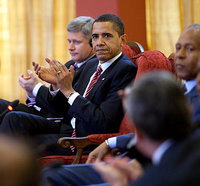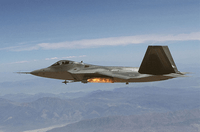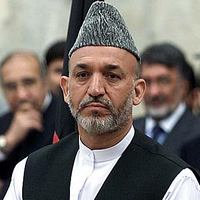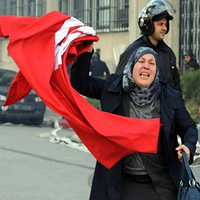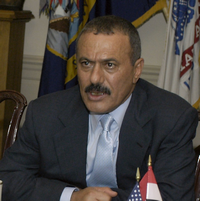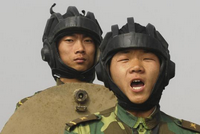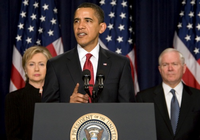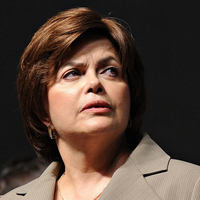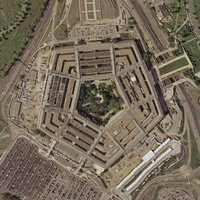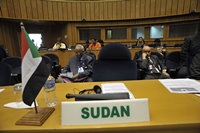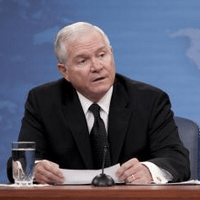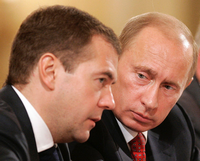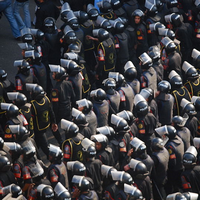
Over the weekend, Wikistrat — a Tel Aviv-based technology start-up for which I serve as chief analyst — gathered a group of Israeli and U.S. geostrategists, myself included, to take part in an online scenario-generating drill in response to the ongoing protests in Egypt. Our goal was to work up four feasible pathway trees along which events could develop — two favorable to the Egyptian people, two favorable to the Egyptian regime — and then present them online to interested parties for feedback and voting. The exercise was an attempt to harness the Web 2.0’s wisdom of the crowd for […]

